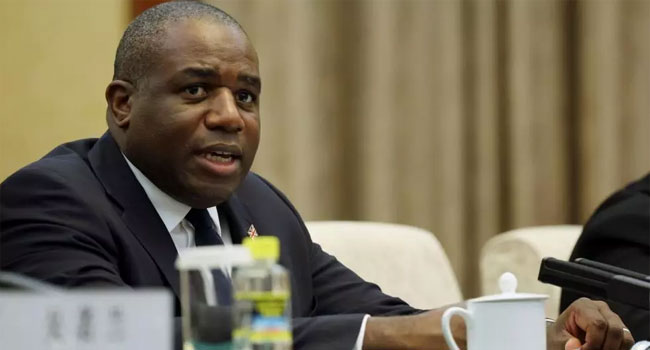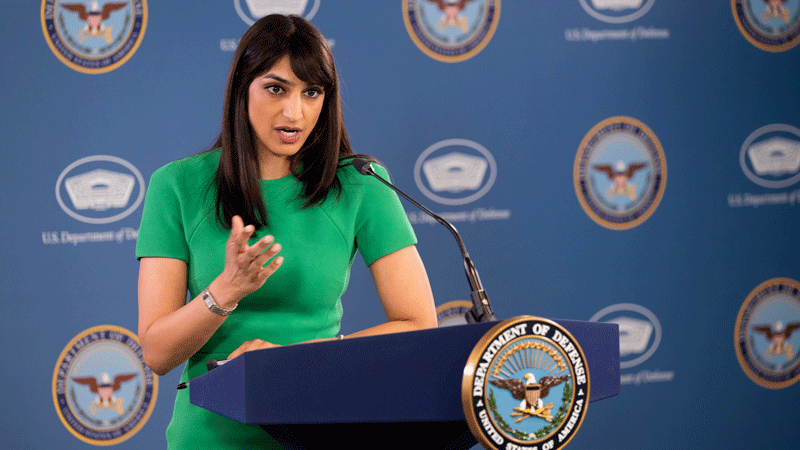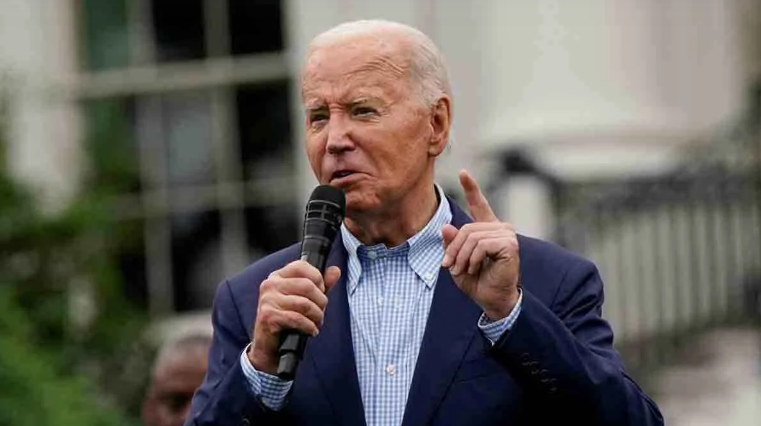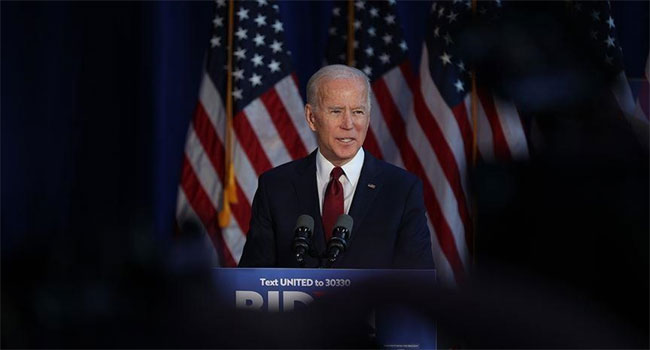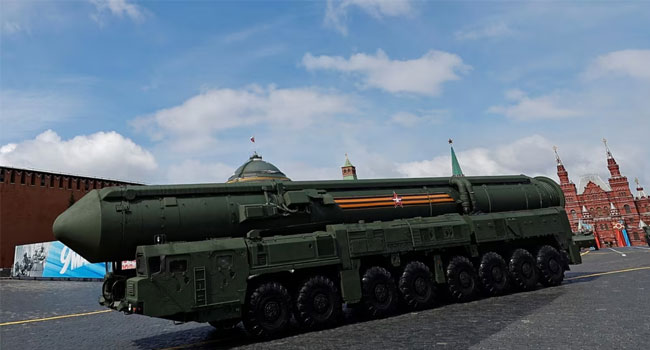British Foreign Secretary David Lammy will meet his counterpart Wang Yi and other top officials in Beijing on Friday to ‘challenge’ China on sensitive issues such as Russia’s war in Ukraine.
Lammy is the first British minister to visit China since Labor Prime Minister Keir Starmer took over in July.
Lamy is expected to meet Wang after talks with China’s Vice Premier Ding Xuexiang and other top Communist Party officials, the news agency from Beijing said.
Lammy will meet with British business leaders in the eastern megacity of Shanghai during his two-day visit, a Downing Street statement said.
He is seeking to walk a fine line between severing ties with a major trading partner while pressing Beijing on issues such as human rights and the Ukraine war.
“Engagement with China is practical and necessary in support of UK and global interests,” Lammy said in a press release on Friday.
He added, ‘We must talk often and frankly.’
In a statement on Thursday, Downing Street acknowledged there were ‘significant differences’ between London and Beijing, saying ‘Britain will challenge China where necessary.’
It noted that Lamy would urge China to end political and economic support for Russia’s war effort.
China has strengthened ties with Moscow since the invasion but has maintained a neutral stance and the country has refused to sell arms to Russia.
Diplomatic relations between China and Britain have soured in recent years due to a number of human rights concerns, including Beijing’s security crackdown on Hong Kong and China’s restive Xinjiang region. Now they are looking to restore that relationship.
Beijing’s foreign ministry said it hoped Lamy’s visit would “help enhance strategic mutual trust and strengthen dialogue and cooperation in all fields.”
Mao Ning, spokesman for the Foreign Ministry in Beijing, said on Thursday that Lamy will pay an official visit to China from October 18 to 19.
Mao said at a regular press briefing in Beijing that the two sides would hold in-depth discussions on implementing the consensus reached by their leaders in a telephone conversation in August.
“Both China and the United Kingdom are permanent members of the United Nations Security Council and major world economies,” Mao said.
He also said that the stable development of bilateral relations in the long term is in line with the common interests of both countries.
Mao told reporters that Beijing hoped to increase strategic mutual trust and strengthen dialogue and cooperation in all fields.
He also said, ‘China is willing to work with the UK to enhance the position of the two countries as a partner, maintain openness and cooperation…and strive for the smooth and stable development of China-UK relations.’
In 2015, then UK Prime Minister David Cameron hailed a ‘golden age’ of relations between London and Beijing. But relations between the two countries have deteriorated significantly in recent years. Much has changed since then, with the UK’s criticism of China on human rights issues prompting sharp rebukes from Beijing.
The two sides have also clashed over allegations of espionage, including cyber attacks and political interference.
The UK criticized Beijing’s sweeping national security law in Hong Kong in 2020 after months of pro-democracy protests in Hong Kong.
London views the move as undermining the rights and freedoms protected in Hong Kong’s mini-constitution.
But Beijing believes the law has restored peace and prosperity to Hong Kong after destabilizing it.
Beijing has asked the UK and other countries to stop meddling in an issue it considers a purely internal matter.
On the eve of the visit, UK Prime Minister Starmer called for jailed Hong Kong tycoon Jimmy Lai to be released from Hong Kong prison.
Lai’s legal team told reporters in London last week that they hoped Lammy would keep the issue of Jimmy Lai ‘front and centre’ during his visit.
Apart from these issues, bilateral relations between the two countries are hampered due to several other concerns.
The two countries are at loggerheads over China’s treatment of minorities in Xinjiang and human rights in Tibet.
London accuses Beijing of detaining up to a million Uighur Muslims in Xinjiang.
Starmer has been sharply critical of China this week following Chinese military exercises around Taiwan. China considers the self-governing democratic island an integral part of its mainland and does not hesitate to use force to seize it if necessary.
Starmer said China’s activities in the Taiwan Strait are not conducive to peace and stability. He also called on Beijing to lift sanctions on UK lawmakers.
China and the UK accuse each other of spying. Beijing accuses London of following Washington’s hostile path toward Beijing.

